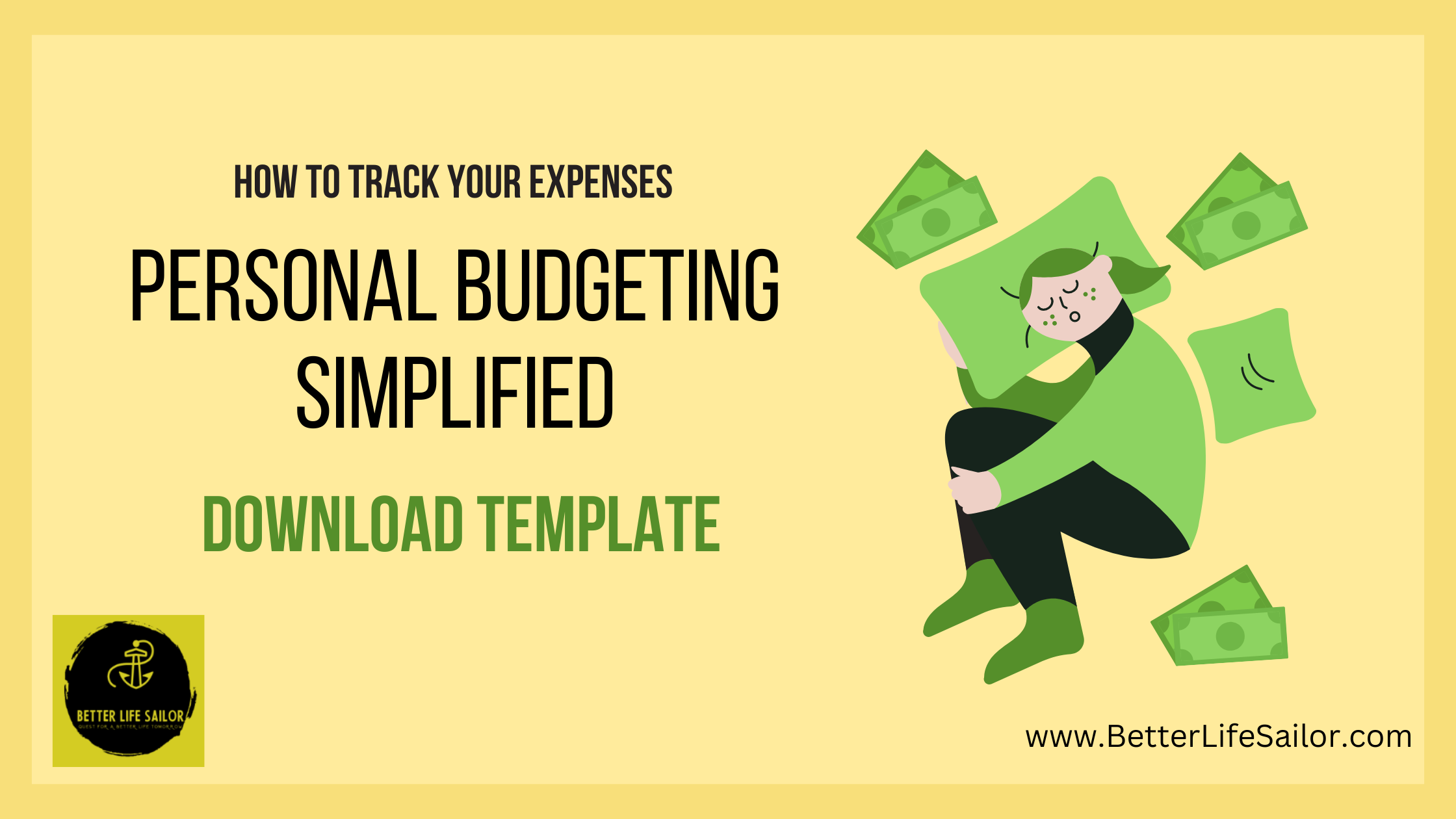
Budgeting is an important part of personal finance because it allows individuals to track their income and expenses, and make informed decisions about how to allocate their money. By creating a budget, individuals can gain a better understanding of their financial situation and identify areas where they may be overspending or underspending. This can help them to make more informed choices about their spending habits, and make adjustments as needed to reach their financial goals.
One of the key benefits of budgeting is that it can help individuals to save money. By tracking their income and expenses, individuals can identify areas where they may be overspending and find ways to reduce those expenses. For example, they may discover that they are spending too much on dining out or entertainment, and decide to cut back in those areas in order to save money. By making these changes, individuals can put more money into savings or investments, which can help them to build a more secure financial future.
Another important benefit of budgeting is that it can help individuals to avoid overspending and falling into debt. By tracking their income and expenses, individuals can ensure that they are not spending more than they earn, which can help them to avoid getting into financial trouble. For example, if they see that their monthly expenses are approaching or exceeding their monthly income, they can make changes to their budget in order to avoid overspending and going into debt.

In conclusion, budgeting is an important part of personal finance because it allows individuals to track their income and expenses, make informed decisions about their money, and avoid overspending and falling into debt. By creating and following a budget, individuals can take control of their finances and work towards their financial goals.
Tracking Expenses monthly and yearly will surely make you in a position of controlling your expenses by tracking them. Tracking your expenses is an important part of staying on top of your finances. To do this, create a budget that outlines your income and expenses. Then, track all of your spending and review your budget regularly to ensure that you’re staying within your means. You can also set up automatic savings deposits, use budgeting apps or cash management tools, and use credit and debit cards instead of cash to help you keep better track of where your money is going.
Here is the monthly expense tracking X: Monthly budget
Here is the Yearly expense and asset tracking XL: Asset Valuation
Download the above XL forms and fill in the values and change the categories accordion to your personal finance. If possible, update by the end of each day or weekly once to reflect changes in that week’s spending and income changes.
Make sure you upload them to google drive and update them daily before hitting the bed.

The benefits of budgeting include:
1. Increased financial security and stability.
2. Improved ability to save for the future.
3. Reduced levels of stress.
4. Enhanced planning and financial goal-setting.
5. Increased control over spending habits.
6. Improved credit score and debt reduction.
7. Increased clarity around daily, weekly, and monthly spending decisions.
To create an effective budget, start by capturing all your income and expenses in one place. Then, set a budget for each expense category, including rent/mortgage, utilities, food, etc. After that, assess your spending to identify areas where you can cut back or save more money. Finally, track your progress and adjust your budget as needed.



